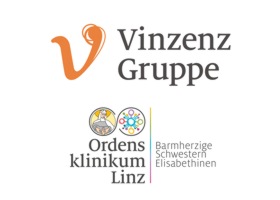Dose-intensive melphalan with blood stem-cell support for the treatment of AL (amyloid light-chain) amyloidosis: survival and responses in 25 patients.Tools Comenzo, R L und Vosburgh, E und Falk, R H und Sanchorawala, V und Reisinger, J und Dubrey, S und Dember, L M und Berk, J L und Akpek, G und LaValley, M und O'hara, C und Arkin, C F und Wright, D G und Skinner, M (1998) Dose-intensive melphalan with blood stem-cell support for the treatment of AL (amyloid light-chain) amyloidosis: survival and responses in 25 patients. Blood, 91 (10). pp. 3662-70. ISSN 0006-4971 Für diesen Eintrag wurde kein Volltext-Dokument angefügt.
|
||||||||||||||||||
|
|
|
|


 Tools
Tools Tools
Tools